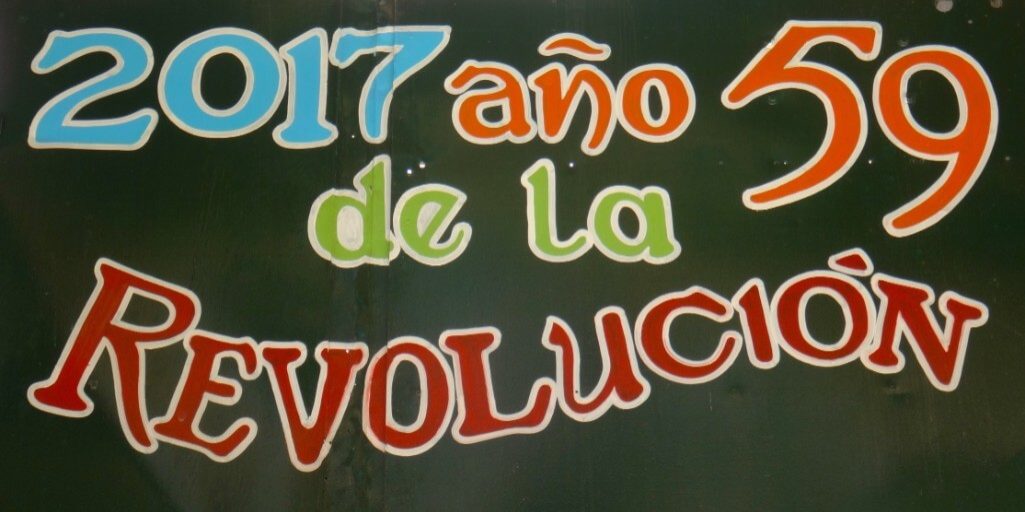CONTEMPORARY HISTORY OF CUBA
On January 1, 1959, the dictator Battista was finally overthrown by the Cuban revolutionaries under the leadership of Fidel Castro and expelled from Cuba. Since then, the country has been ruled by a communist unity party. In 1960, the USA imposed a trade blockade against Cuba, which has lasted until today. While Cuba was doing quite well in the 60's to 80's thanks to brotherly help from the Soviet Union, this changed abruptly with the collapse of the Eastern Bloc at the end of 1989. From the 90's onwards, aid was lacking, petrol and spare parts were missing, tractors stopped, the harvest rotted and Cuba slid to the brink of a famine. The government euphemistically called this period the 'Periodo especial'. The government was forced to look for new sources of income for Cuba. So tourism was pushed, new hotels were built (many joint ventures with Spain and Canada), the old towns were renovated (with Unesco help, under the direction of Italian restorers). An agreement was signed with Hugo Chavez of Venezuela to import oil - in return Venezuela received thousands of well-trained Cuban doctors. Other countries such as Brazil (buses, port construction) and China (bicycles, then tourist buses and now port construction) were also won as trading partners. Tourism was flourishing and as there were too few hotels and restaurants, the state was forced to allow the private market under strict conditions (Casa particulares, Palladares etc). Since many state enterprises were ailing, the state also had to allow the 'unemployed' to run small businesses on their own account (flower vendors, pizza stand, mobile phone repair, hairdresser, etc). Micro-capitalism flourished and thanks to the ever-increasing tourism there were suddenly lucrative professions such as suitcase carrier, taxi driver who earned a hundred times more than a well-trained doctor.
Suddenly there was private money in Cuba and it was invested heavily in restaurants and private guest rooms. Also the US-Americans wanted to go to Cuba again and the handshake of Obama with Castro shortly before Easter 2016 got things moving. And also the Rollingstones inspired the Cubans shortly after with a free concert. Unthinkable even a short time ago. On 2 May 2016, for the first time in almost 40 years, a US cruise ship came to Havana. And since then two every week. The Americans, but also Asians, are suddenly streaming into Cuba en masse. Fidel Castro died on 25 November. The country remained calm and sank into real mourning. His brother, Raul, already officially in power since 2008, continues to run the country with a strong hand. There are still no signs of an imminent upheaval.

